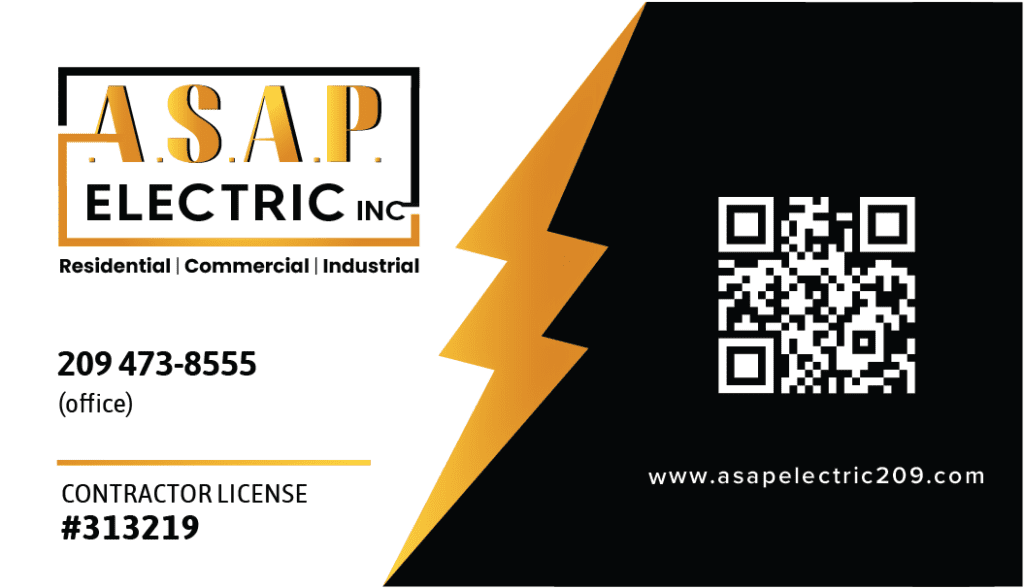Do You Need a License to Be an Electrician in California?
In California, electrical work is tightly regulated to protect both workers and consumers. Whether you’re planning to become an electrician or hire one for a home or business project, it’s crucial to understand the licensing requirements—and the legal consequences of not following them.
Let’s break down what you need to know about electrician licensing in California.

Is an Electrician License Required in California?
Yes. In most cases, any electrical project exceeding $500 in labor and materials requires a licensed contractor, specifically a C-10 Electrical Contractor License, issued by the California Contractors State License Board (CSLB).
Anyone who performs electrical work without the proper license may face severe penalties, including fines, criminal charges, or loss of payment rights.
What Is a C-10 Electrical Contractor License?
A C-10 license is required for businesses or individuals who offer to install, maintain, or repair electrical systems in California. It covers a wide scope of work, including:
- Electrical panel installations
- Rewiring services
- Lighting systems
- Solar systems
- Electrical service upgrades
Holding a C-10 license legally permits a contractor to bid on and execute electrical jobs over $500.

Who Issues the License and What Are the Requirements?
The CSLB is the state authority that issues licenses to qualified applicants. To apply for a C-10 license, you must meet the following requirements:
- Four years of journeyman-level experience in the electrical trade within the last 10 years
- Pass the Law & Business exam and the Trade (C-10) exam
- Submit fingerprints for a criminal background check
- Provide documentation verifying your work experience and qualifications
- Pay applicable application and licensing fees
Holding a C-10 license legally permits a contractor to bid on and execute electrical jobs over $500.
Do Electricians Themselves Need Certification?
Yes. In addition to the contractor needing a C-10 license, any employee performing electrical work must be certified by the California Department of Industrial Relations (DIR) under Labor Code Section 108.
Electricians must:
- Complete an approved apprenticeship or training program
- Pass the State Electrician Certification Exam
- Renew their certification every 3 years with proof of 32 hours of continuing education and at least 2,000 hours of work experience
What About General Contractors with a Class B License?
General contractors with a Class B (General Building Contractor) license may not legally perform major electrical work unless:
- They subcontract the electrical portion to a C-10 licensed electrician, or
- The electrical work is incidental to the main scope of work (e.g., installing a light fixture during a kitchen remodel)
For major electrical jobs like panel upgrades or rewiring, a C-10 licensed contractor is required.
Penalties for Unlicensed Electrical Work
Operating without a proper license is not only risky—it’s illegal. Violators may face:
- Administrative fines of $200 to $15,000
- Misdemeanor or felony charges
- Revocation or denial of license
- Loss of the right to collect payment or file a lien
- Requirement to return payments made for unauthorized work
Tips for Homeowners: How to Verify a License
Before hiring an electrician, always check their credentials:
Look for:
- Active license status
- Proper classification (C-10)
- Proof of bonding and insurance
- No history of disciplinary actions
Hiring a licensed local electrician protects your investment and ensures the work is up to code.
Final Thoughts
In California, being a licensed electrician is not optional—it’s the law. Whether you’re planning a career in the electrical trade or looking to hire someone, understanding the C-10 license and electrician certification process is key.
Working with licensed professionals ensures that the job is done safely, legally, and to the highest standard.











